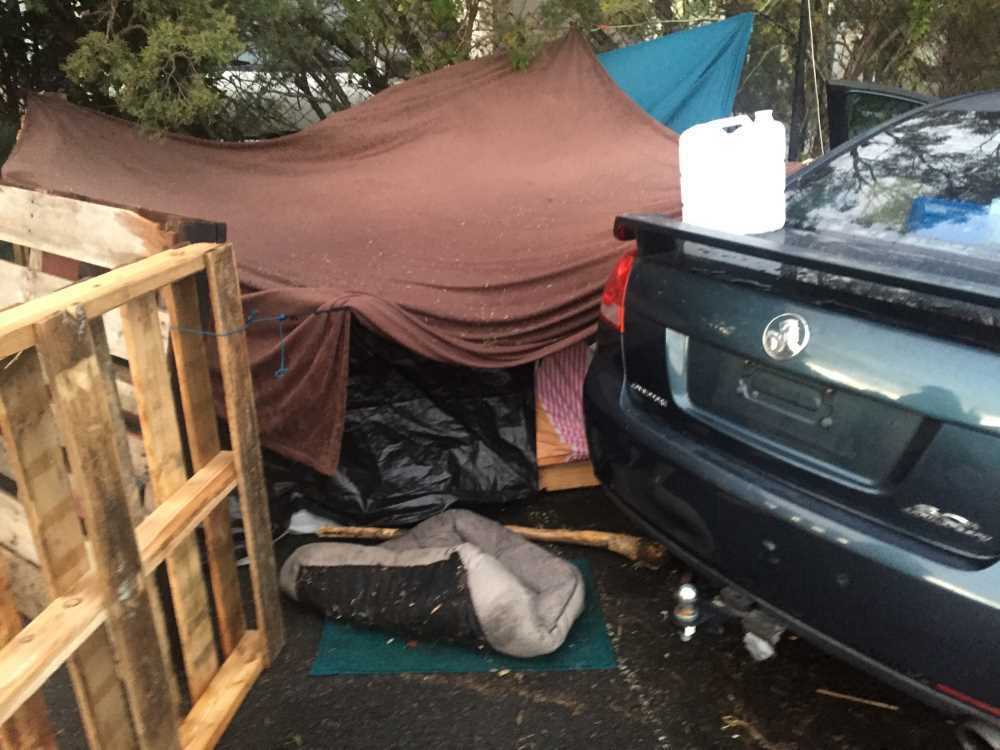Sue (not her real name) has been living in a tent pitched in a North Maclean park, alongside 80 or 90 other people, since May last year.
Between battling mouse infestations, dodging fights, and fighting hunger, no two days are the same when you’re sleeping rough.
And no day is easy.
Before 2020, Sue hadn’t experienced housing insecurity before.
She lived what mant would consider to be a “convential” life. but when her rent on her Sunshine Coast accommodation increased by $130 per week, she was forced to leave.
From there, she lived in parks and caravan parks, moving around as needed. Sue said she is one of only two single women living in the North Maclean park.
While local community organisations offer support to those living in the park, like food and clothing, Sue said what she really need was a safe shelter and affordable accommodation, like a caravan or apartment.
She says she’s tried hard to secure safe and stable housing, but the task is extremely challenging and unrelenting.
“There isn’t affordable housing anyway. If you spent five minutes on the internet, you would see even places advertised as ‘senior housing’ on the Gold Coast want $350 per week for a room.’
Sue said she had to be prepared for unsafe situations in the park. In the past, she has slept in her car to avoid conflict.
“When it first started, every couple of weeks I’d have a breakdown, ‘How did I get this way? Is this the end of the line? Is there a light at the end of the tunnel?’ I’m used to it now, it’s a crappy life, but I’m used to not showering every day, not eating every day,” she said.
A mouse plague in the park means any food Sue buys must be eaten quickly and not stored in the tent. Essential items like drinking water, gas, medication, and laundromat services, on which Sue spends at least $75 a fortnight, eat into her limited funds.
“You never know what today is going to bring,” Sue said. “Tomorrow night, if it rains and things get wet, I’m at the laundromat spending $100 on washing and drying everything again.”
Ex-cyclone Alfred soaked the belongings of many in the park. Walking around barefoot in grass soaked with flood waters exposed them to toxins and wastewater runoff. Many developed boils on the soles of their feet.
Sue said the affordable housing waiting list is long. She would prefer to avoid living in the Beenleigh and Woodridge areas, where most local affordable housing options are located, fearing her PTSD will be triggered in an environment where others are also dealing with mental health issues and instability.
The circumstances she is facing are common among women of the same generation, Sue said.
At 17, she was married and stayed home to care for her first child. At 22, she had given birth to another four children.
To afford a mortgage with her husband, she entered the workforce as a cleaner in shopping centres, hotels, and resorts.
For much of her adult life, Sue’s job was to be a wife and a mother. Limited workforce experience and no superannuation left her vulnerable and without a social safety net after she divorced her husband 25 years ago.
When her rent increased beyond her means during the COVID-19-induced lockdowns, Sue was left with few viable housing options. Five years later, few things have changed.



